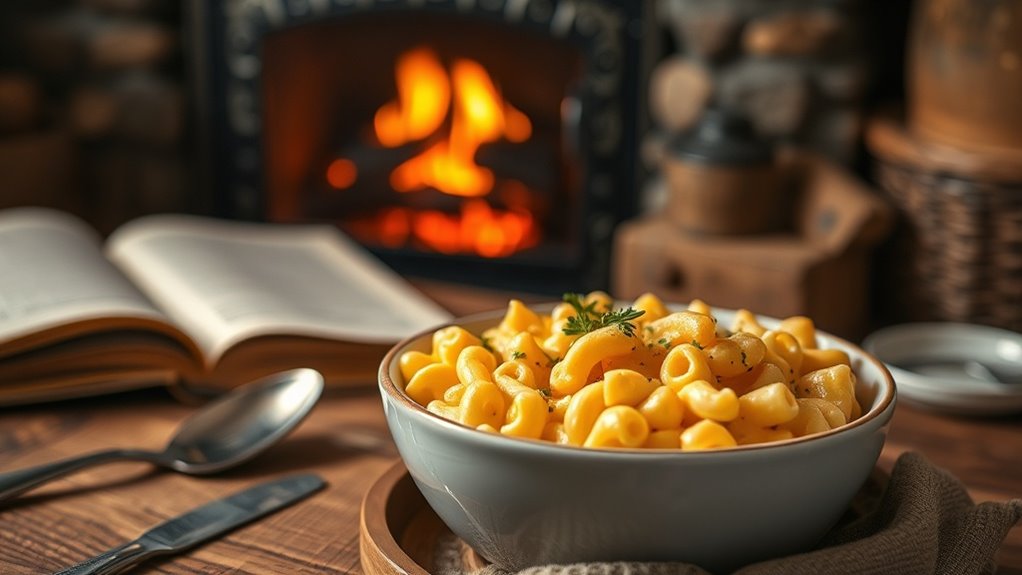The Psychology Behind Comfort Food Cravings
Key Takeaways
- Emotional states significantly influence comfort food cravings, often serving as a source of solace during stress or sadness.
- Nostalgic memories associated with comfort foods enhance feelings of identity and emotional regulation, linking past experiences to present cravings.
- Sensory experiences, such as aromas and textures, trigger strong cravings by stimulating the brain’s reward system and evoking happy memories.
- Cultural influences shape comfort food preferences, with traditional recipes fostering community connections and personal memories.
- The desire for comfort food is rooted in biological responses, such as dopamine release, connecting emotional and physical experiences of indulgence.
The Role of Emotions in Food Choices
When you’re feeling stressed or down, it’s not unusual to seek comfort food as a source of solace.
Comfort food psychology reveals that emotional states significantly influence your food choices. Foods rich in sugar and carbs can boost serotonin, enhancing your mood temporarily.
Understanding these connections can help you navigate your cravings without guilt, recognizing emotions play a vital role in your dietary decisions.
Nostalgia and Its Impact on Comfort Food
Emotional connections to food extend beyond immediate cravings; they often tap into nostalgic memories, making comfort food a powerful tool for emotional regulation.
You may find yourself drawn to dishes that remind you of family gatherings or cherished moments. Research shows that these nostalgic foods not only bring comfort but also strengthen your sense of identity, linking past experiences to your present feelings and needs.
Sensory Experiences and Cravings
There’s something undeniably comforting about the sensory experiences tied to food, which often ignite cravings that feel almost irresistible.
The aroma of baked goods, the texture of creamy sauces, and the vibrant colors of fresh ingredients stimulate your brain’s reward system.
These sensory elements not only evoke pleasure but also trigger memories, making you long for those foods that provide solace and satisfaction.
Cultural Influences on Comfort Food Preferences
While the comfort food you crave might feel deeply personal, it’s often shaped by cultural influences that reflect your upbringing and societal norms.
Your preferences may come from traditional family recipes or regional specialties, linking you to memories and experiences.
Research shows that food often fosters community connections, making it a powerful vehicle for cultural identity and emotional solace during challenging times.
The Biological Underpinnings of Comfort Food Desires
As you reach for a bowl of mac and cheese or a slice of warm chocolate cake, your cravings might be more than just a moment of indulgence; they’re rooted in complex biological processes.
Your brain releases dopamine, a feel-good neurotransmitter, reinforcing your desire for these foods. The comfort comes not only from taste but from the biochemical responses tied to past experiences and emotions.


